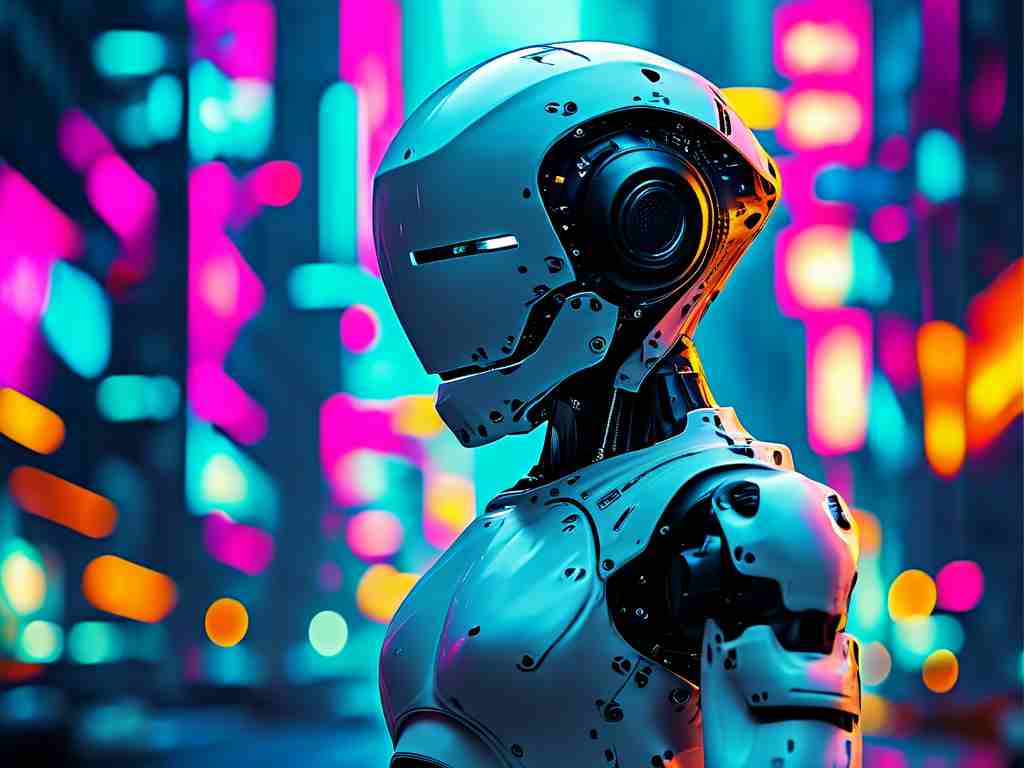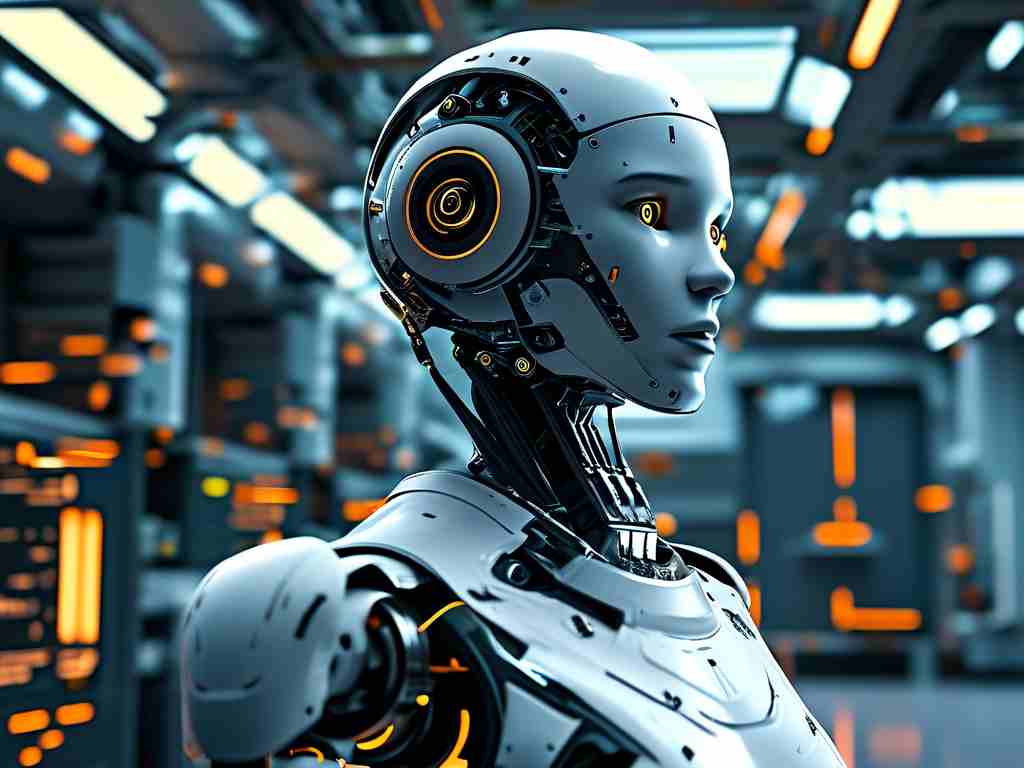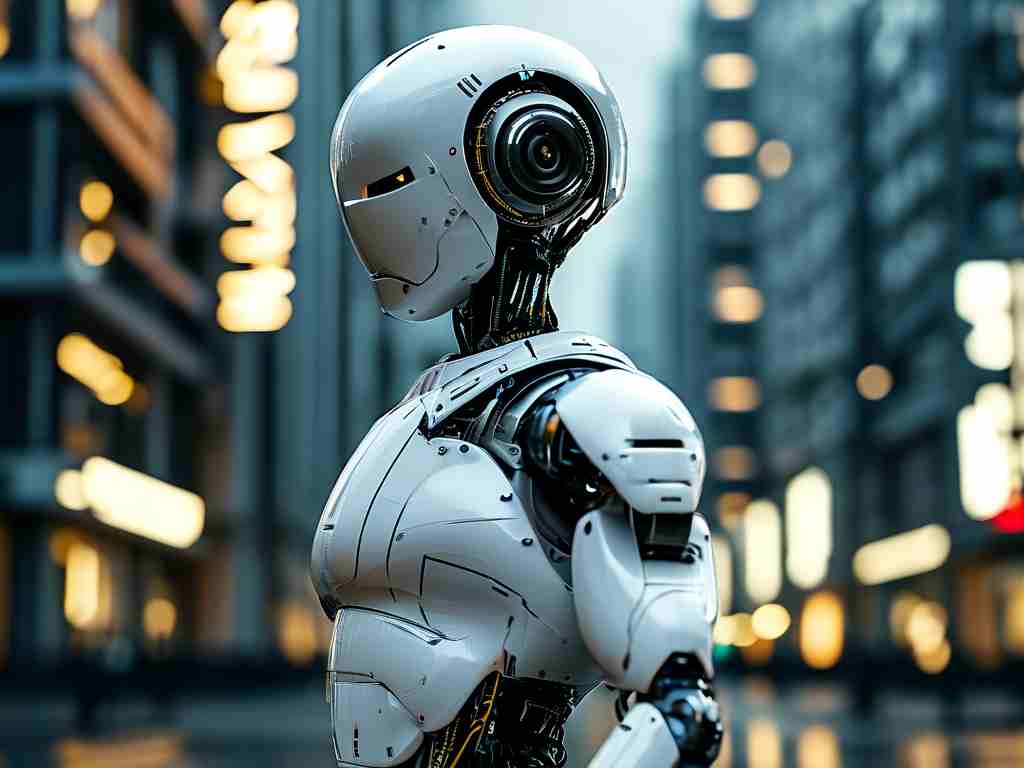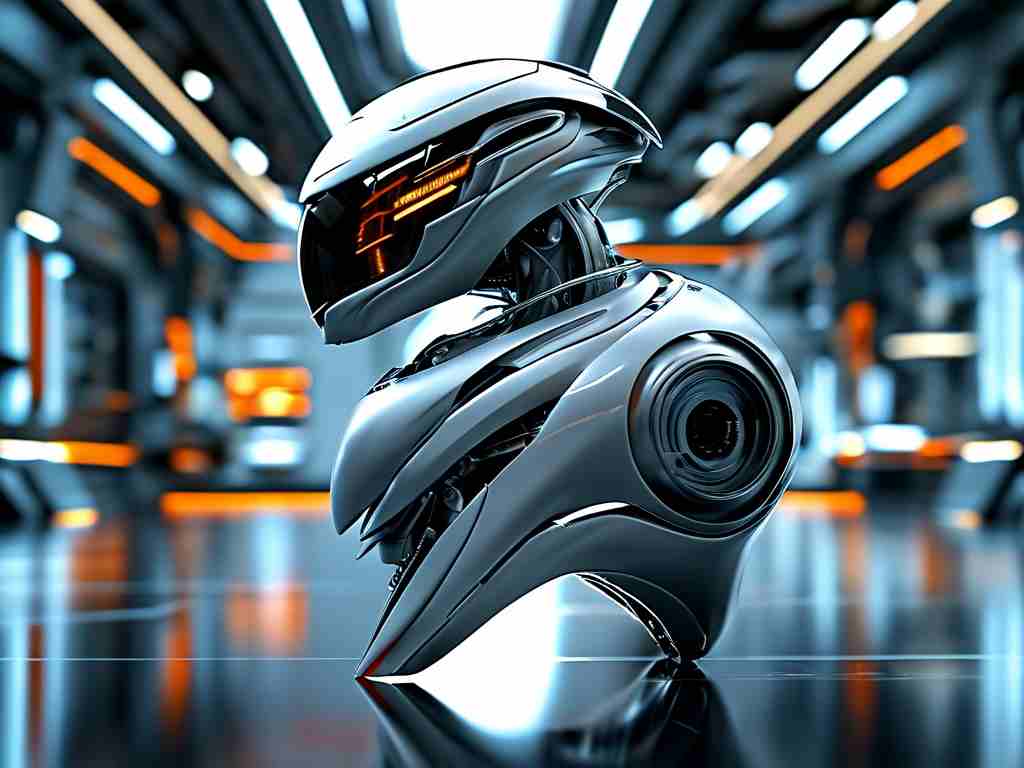Nestled in the heart of Hangzhou, China, West Lake (Xi Hu) has long been celebrated for its poetic landscapes and cultural heritage. Today, it is emerging as an unexpected hub for cutting-edge robotics technology. Over the past decade, West Lake Robotics-a collective term for the innovative companies, research institutions, and startups clustered around the area-has positioned itself at the forefront of intelligent automation, blending tradition with futuristic innovation. This article explores how this scenic region is shaping the future of robotics and its implications for global industries.
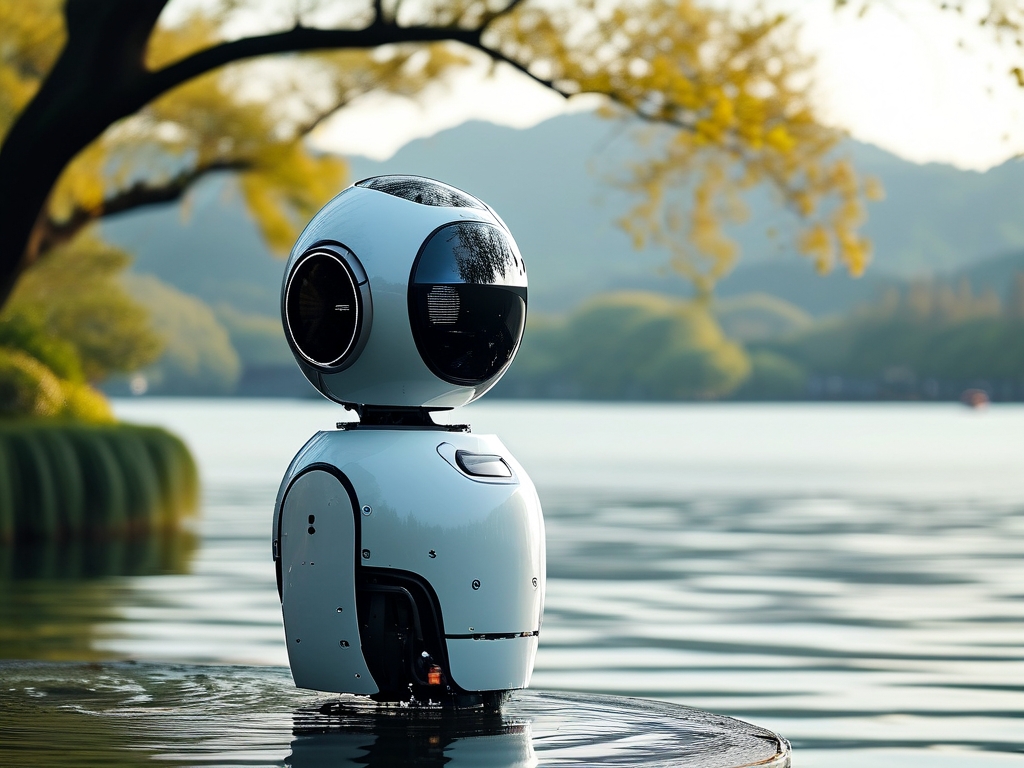
The Rise of West Lake Robotics
The convergence of robotics in West Lake is no accident. Hangzhou, home to tech giants like Alibaba, has cultivated a fertile ecosystem for technological advancement. Local universities, such as Zhejiang University, have established world-class AI and robotics research labs, attracting top talent. Government policies promoting "smart city" initiatives further accelerated this growth. By 2023, over 50 robotics startups had set up offices within a 10-kilometer radius of West Lake, specializing in fields ranging from service robots to industrial automation.
One standout example is Hangzhou Botcare Robotics, a company developing AI-powered medical assistants. Their flagship product, a robotic nurse capable of monitoring patient vitals and administering medication, has been deployed in hospitals across Zhejiang Province. Meanwhile, West Lake ServiceBots has gained attention for its autonomous tour guides, which combine facial recognition and natural language processing to offer multilingual historical tours of the lake itself. These innovations highlight how the region's robotics sector is deeply integrated into both public services and cultural preservation.
Technological Breakthroughs
A key driver of West Lake's success is its focus on human-robot collaboration. Unlike traditional industrial robots designed for isolated tasks, West Lake Robotics emphasizes systems that work alongside humans. For instance, LakeAI Labs recently unveiled a cobot (collaborative robot) equipped with adaptive machine learning algorithms. Used in local tea plantations, these cobots assist farmers in harvesting delicate Longjing tea leaves while learning from human gestures to improve efficiency.
Another breakthrough lies in swarm robotics. Inspired by the synchronized movements of birds over West Lake, researchers at Zhejiang University developed micro-drones capable of executing complex group tasks. These swarms have been tested for environmental monitoring, such as detecting algae blooms in the lake's waters-a critical application for maintaining its UNESCO World Heritage status.
Bridging Tradition and Innovation
What sets West Lake Robotics apart is its commitment to preserving cultural identity while embracing technology. The West Lake Cultural Heritage Institute partnered with robotics firms to create "Digital Guardians"-autonomous drones that patrol historical sites, using LiDAR and 3D modeling to detect structural wear. Similarly, traditional handicrafts like silk embroidery are being revitalized through robotic arms programmed with ancient techniques, ensuring artisanal skills are preserved for future generations.
This fusion extends to tourism. Visitors can now interact with AI-powered calligraphy robots at the Lingyin Temple, which replicate famous poems about West Lake with brushstroke precision. Such projects demonstrate how robotics is not replacing human creativity but augmenting it, fostering a new era of cultural-tech synergy.
Challenges and Ethical Considerations
Despite its progress, West Lake Robotics faces challenges. Privacy concerns arise with surveillance robots in public spaces, while workforce displacement fears persist as automation expands. A 2022 survey revealed mixed public sentiment: 68% of Hangzhou residents praised robotics for improving quality of life, but 42% worried about job security.
To address these issues, West Lake's robotics community has prioritized ethical AI frameworks. Companies like Ethix Robotics have implemented transparency protocols, allowing users to audit decision-making algorithms in service robots. Meanwhile, government-funded retraining programs aim to prepare workers for high-tech roles, ensuring inclusive growth.
Global Implications
West Lake's model offers lessons for global smart city initiatives. Its balance of technological ambition and cultural sensitivity contrasts with Silicon Valley's disruption-driven approach. European cities, for instance, are adopting West Lake-inspired cobots for heritage conservation, while Southeast Asian nations look to its agricultural robotics for sustainable farming solutions.
Moreover, the region's success underscores China's broader shift from manufacturing to innovation-led growth. As West Lake Robotics expands partnerships with international firms, it is reshaping global supply chains-proving that the future of automation may well be designed amidst lotus-filled lakes and ancient pagodas.
The Road Ahead
Looking forward, West Lake Robotics aims to tackle grand challenges like climate change. Projects underway include solar-powered cleanup robots to combat lake pollution and AI-driven reforestation drones. With plans to host the 2025 Global Robotics Summit, the region is poised to cement its status as a beacon of sustainable innovation.
In , West Lake Robotics exemplifies how technology can harmonize with humanity's cultural and environmental needs. By weaving robotics into the fabric of daily life-and doing so with a reverence for tradition-this picturesque region is scripting a blueprint for the future, one where machines and nature coexist in timeless balance.




